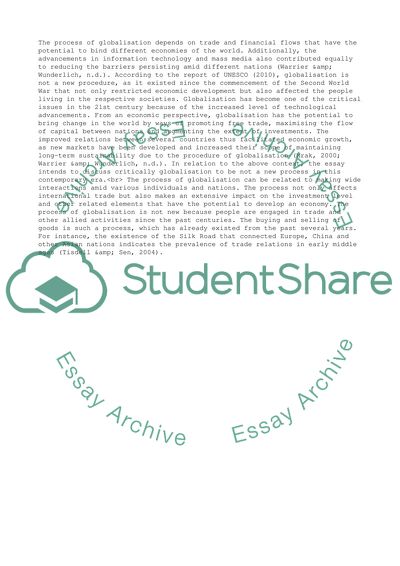Cite this document
(“Globalisation is not a new process. Discuss Essay”, n.d.)
Globalisation is not a new process. Discuss Essay. Retrieved from https://studentshare.org/business/1693406-globalisation-is-not-a-new-process-discuss
Globalisation is not a new process. Discuss Essay. Retrieved from https://studentshare.org/business/1693406-globalisation-is-not-a-new-process-discuss
(Globalisation Is Not a New Process. Discuss Essay)
Globalisation Is Not a New Process. Discuss Essay. https://studentshare.org/business/1693406-globalisation-is-not-a-new-process-discuss.
Globalisation Is Not a New Process. Discuss Essay. https://studentshare.org/business/1693406-globalisation-is-not-a-new-process-discuss.
“Globalisation Is Not a New Process. Discuss Essay”, n.d. https://studentshare.org/business/1693406-globalisation-is-not-a-new-process-discuss.


